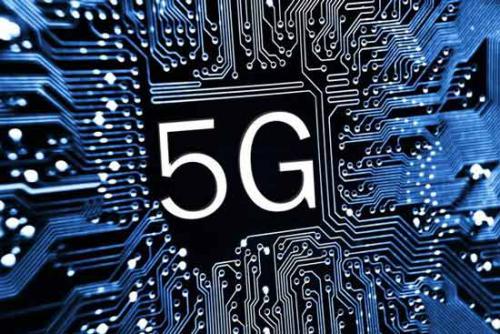
By Henry Hing Lee Chan
Chinese Companies at the Forefront of 5G
A press release on April 11 from Starhub, one of Singapore’s telecom service providers, revealed that it had achieved a global record for its 4G indoor transmission speed of 1Gbps using Huawei’s advanced 4G technology. Last October, Huawei ran a joint test with Japan’s NTT Docomo network and broke the commercial wireless transmission record of the world at the time. This new record once again focuses the world’s attention on Huawei’s technological leadership in wireless digital communications.
The new director general of the Global System for Mobile Communication Association, the global mobile industry umbrella association, Mats Granryd, stated in Beijing recently that Chinese companies like Huawei and ZTE are now leading players in 5G telecom technologies research & development. He expects China to participate actively in the forthcoming standard setting of the 5G network, and notes that Chinese telecom operators are all working on 5G and will be early adopters of the technology.
The forthcoming 5G technology will vastly expand the role of wireless digital communication in the economic development of a country. It will allow many new tasks to be done. With its latency time of less than 1 second, 5G will allow real-time remote operations for cars similar to the remote control of drones. The leapfrog in technology will be similar to going from Web 1.0 (reading content on the Web) to Web 3.0 (remote control of real-time situations). Another important impact of 5G is the number of connections provided. Theoretically each device can easily connect to tens of thousands of devices and form the core of an IoT (internet of things) network. This will vastly expand the role of a smart device and will allow it to act as a command centre for the home environment or a factory production cluster.
Even as Chinese companies are at the forefront of 5G, China has not yet tapped the full benefit of information and communications technologies (ICT). 5G technology provides an excellent infrastructure platform but it needs complementary technology such as big data analytics, IoT technology, cloud services, land based broadband networks and data centers to tap the full potential of the ICT revolution for its economic development.
Since 2014, Huawei has published an annual Global Connectivity Index with a methodology that combines both technological and economic perspectives. China ranks 23 out of the 50 countries in the list and it is still on the threshold of moving from the internet innovation to the data innovation stage. There is no way to tell how fast China will more fully exploit the full benefit of ICT innovation for its economy, however, with its companies at the forefront of the critical 5G technology, this will definitely provide a big advantage in its push for an innovation driven economy.





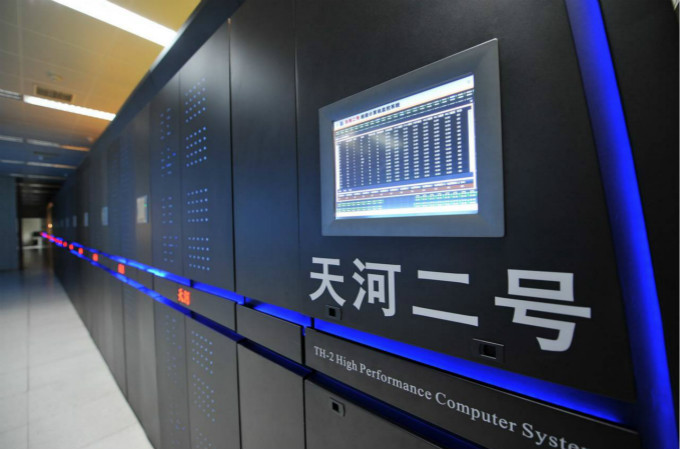










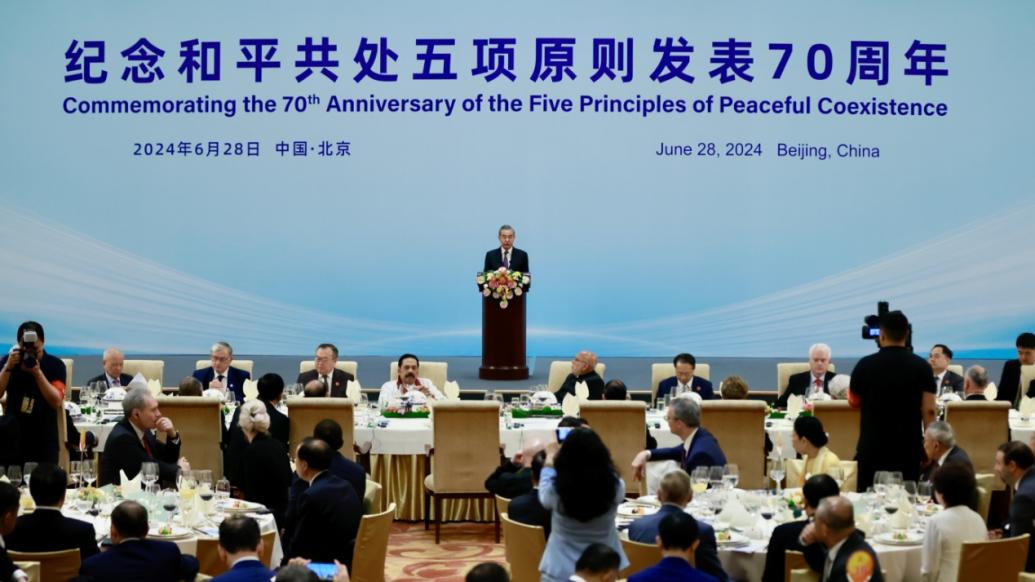

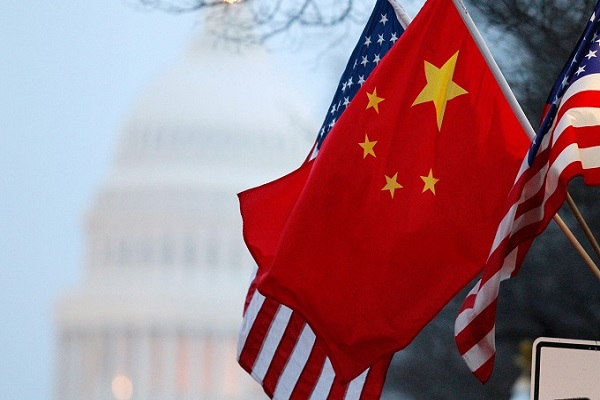


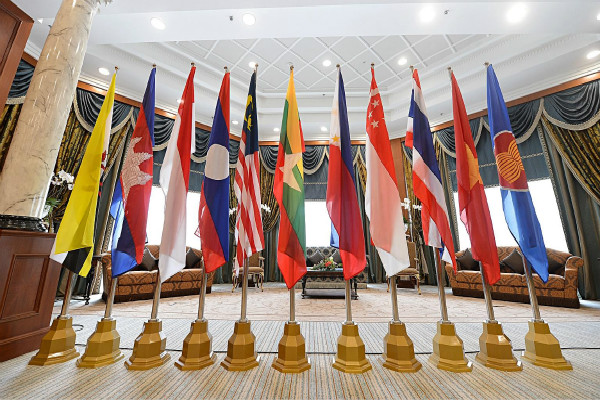


Leave a Reply
Your email address will not be published. Required fields are marked *